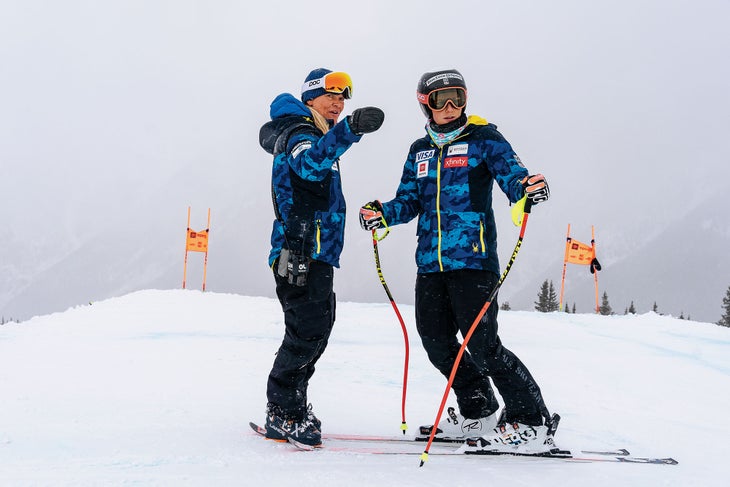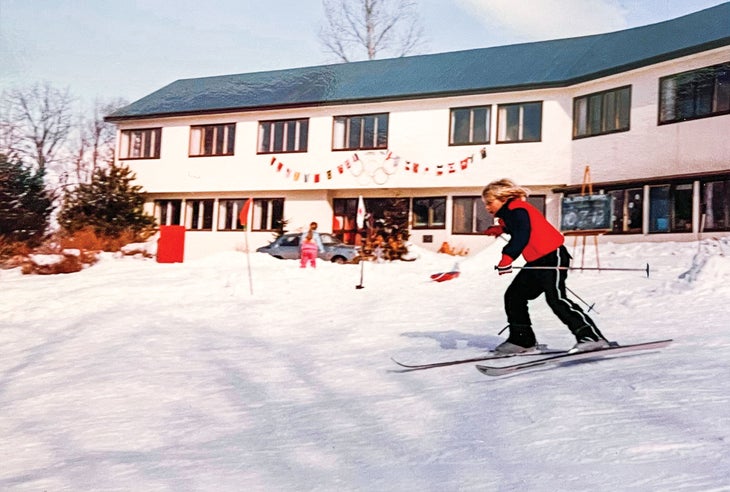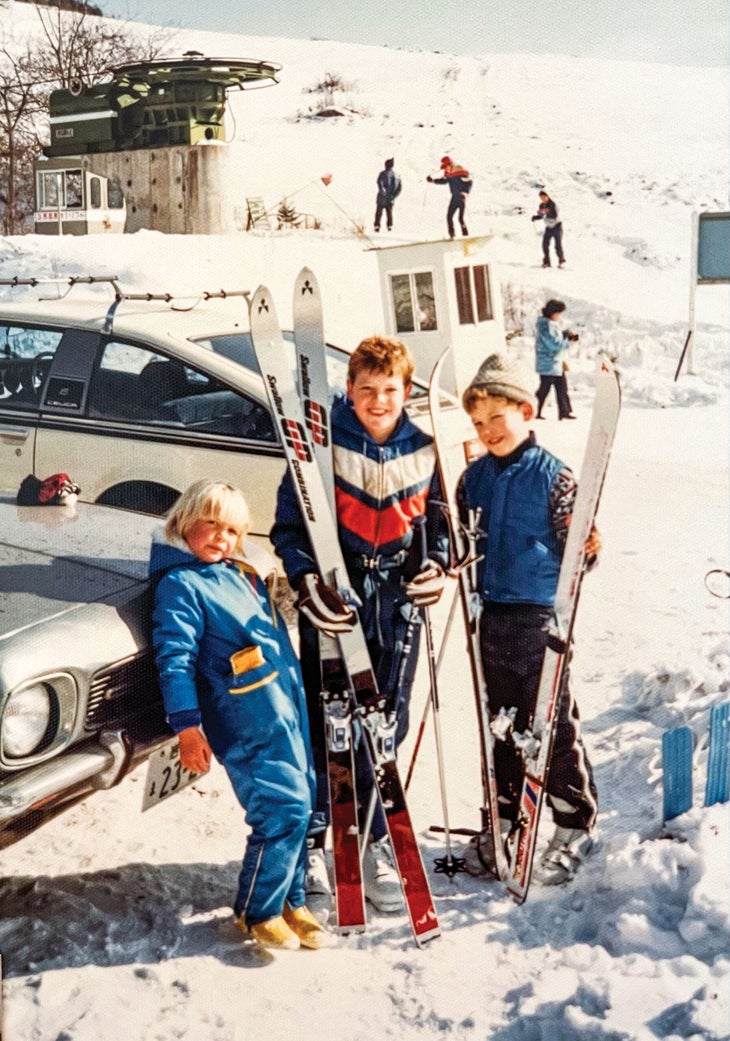Products You May Like
As a women’s alpine coach for the U.S. Ski Team, Karin Harjo has worked with champions such as Lindsey Vonn and Mikaela Shiffrin, and like these female athletes, she has landed herself in the record books.
In 2016, Harjo became the first woman to design a FIS World Cup slalom course by setting the race gates for the event herself, and though she realizes this was both a milestone and a long time coming, she feels like she was just doing her job. She approaches every day on the hill with humility, aiming to help each athlete be the best version of themselves.

“Karin meets you as an equal,” says Alice McKennis Duran, a former U.S. Ski Team speed specialist. “Athletes often look to a coach to make decisions for them. Karin doesn’t decide, she meets you straight on and asks the questions you need to be asked to figure out what is best for you.”
Harjo honed this athlete-based approach through a passion for skiing that was ignited where the sport began. Now she’s bringing it with her to Beijing, where she hopes her athletes can harness their power to become Olympic champions.
Being born to Norwegian parents, I was put on skis as soon as I could walk, and my earliest memories are of being on skis. It was so much a part of our family and culture in Norway.

My parents were missionaries in Japan. We’d go away for a year at a time and ski there as well. In high school, I moved to the Northwestern U.S. and began working my way up through certifications in PSIA and then onto the Northwest Technical Team.
Every mountain has its unique strengths and challenges. It’s the same with every job. As a person facing that mountain or dealing with that job, you always have a choice. You might have to decide to change if you want to meet your goals and grow in your profession.
I thought I would pursue a career in the health profession and was working in a molecular toxicology lab as a research assistant and a certified nurse assistant. But I fell in love with teaching skiing.
I loved the idea of curing cancer, but the lab was lonely. I followed my heart and became a full-time ski instructor and then a coach.
That was the easy part. The hard part was the external expectations. People would say, ‘When are you going to get a real job?’ and I’d say, ‘What part of teaching skiing isn’t a real job?’

Worrying about what other people think of you is crippling. When you worry about what others think, you give them the power to define your environment. You’re reactive versus proactive with your mental space.
The pressure on athletes is really immense. Pressure is usually caused by losing sight of the one thing you can control: yourself. When athletes are on the world’s stage in a high-stress environment, I remind them to focus on breathing and their cues to be successful, versus trying to ski with the pressure of ‘I need to do this.’
Athletes can control the things they do that bring them success, like getting enough sleep and hydrating. These basic things help them out of the start gate to know that they’ve done everything they can as they send it down the mountain.
I tell the girls that they have the power to choose what they focus on. Worrying about a scenario that hasn’t happened yet takes you out of the here and now. Focus on what you want to do, look at the possibilities of what you can do, then you’re free to define it versus letting someone define it for you
